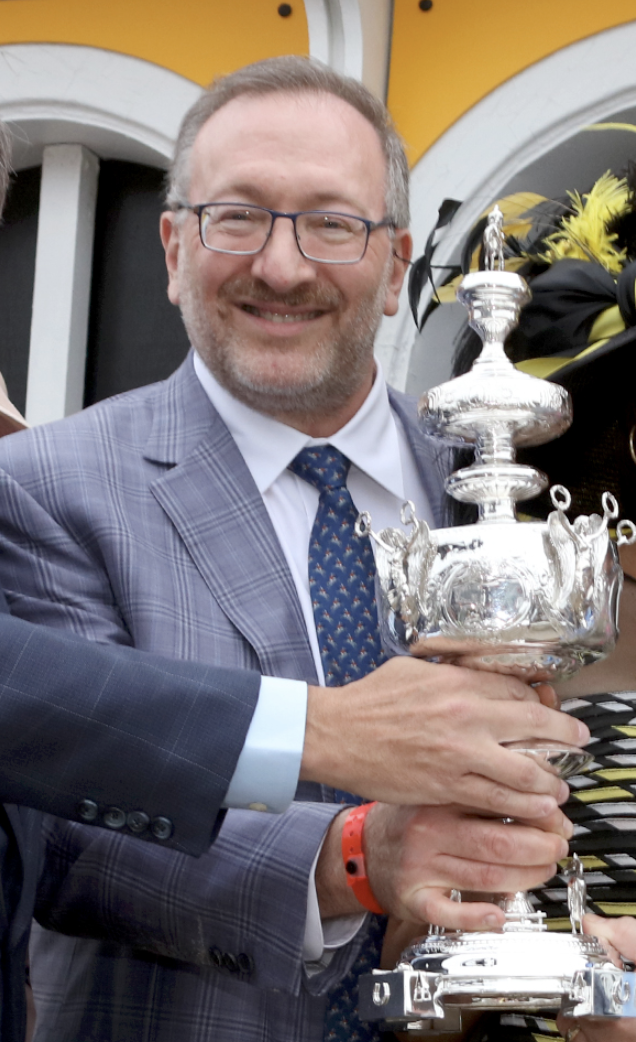
WikimediaCommons
As Puerto Rico struggles to recover from a hurricane that devastated its already fragile economy, the island owes $73 billion to a wide range of creditors — one of them is linked to Yale.
Last Wednesday, Seth Klarman — the billionaire manager of the Baupost Group, which owns around $911 million in Puerto Rico bonds — wrote in a letter to his group’s investors that allowing Puerto Rico to default on its debt would be “impractical.” Among the recipients of the letter were Yale, Harvard and about 16 other colleges and universities. Yale’s Form 990 for tax year 2015 shows that, as of June 30, 2016, the University had $740 million, or about 3 percent of its endowment, invested in YB Institutional Limited, a fund operated by the Baupost Group.
The advocacy group Hedge Clippers sent a letter to University President Peter Salovey on Oct. 16 urging the University to prod Baupost to forgive Puerto Rico’s debt or to divest from the group.
“We are deeply concerned that Yale University, a highly regarded institution of higher education with a strong commitment to economic justice and human rights, could be facilitating these crises in Puerto Rico via its investment with Baupost Group,” the letter states.
Vice President for Communications Eileen O’Connor declined to comment on the letter, saying the President’s Office has not yet received it.
Mike Soto-Class ’91, president of the Puerto Rican think tank Center for a New Economy, told the News that Yale is known for thinking beyond money as it makes an impact on the world. He recalled a monthslong student campaign to convince Yale to sell its investments in apartheid-era South Africa during the 1980s that eventually succeeded.
Soto-Class added that if an institution like Yale divested from the fund, it would send a positive message to the world.
“Yale has done the right thing [in the past],” Soto-Class said. “I hope it would do something similar now.”
Although it is “very possible” that Yale was unaware of its involvement with Puerto Rico’s debt because the Baupost group used a shell company to conceal its dealings in the island, that ignorance is no longer an excuse, a Hedge Clippers spokesman told the News.
As a tax-exempt entity and a big player in the market, Yale has a responsibility to find out what its endowment money is supporting, the spokesman said.
Puerto Rico was in bad shape well before Hurricane Maria hit. In May, the territory sought a form of bankruptcy relief in federal court, which was the largest bankruptcy by a local government in U.S. history.
Soto-Class said that, although it is always important to pay back debt, Puerto Rico’s case is different. He explained that the hedge funds that hold Puerto Rican bonds should allow the island to develop its economy locally first before pushing to get paid back.
“[The hedge fund managers] are sophisticated investors. They knew what they were getting into,” Soto-Class said. “They could extract a very high premium on the debt in recognition of the fact that the debt is very risky.”
This is not the first time that Yale has stood to benefit from distressed government bonds.
After Argentina defaulted on $95 billion of debt during a depression in 2001, it restructured its debt, offering to pay investors only 30 percent of the previously agreed-upon amount. Ninety-three percent of the investors accepted the deal. Among the 7 percent who did not take the offer was Bracebridge Capital, a hedge fund in which Yale had invested more than $1.3 billion of its endowment as of June 30, 2016. When a decadelong legal battle ended in March 2016, with Argentina agreeing to pay about 75 percent of the investors’ total claims, Bracebridge was estimated by CNN to have made a $950 million return on its original investment of $120 million, translating to a mammoth 800 percent return.
Yale’s profit from its Argentine investment boosted its endowment return in a year when most endowments saw negative growth. The fund generated a more than $314 million profit for the University in fiscal year 2016, which counted toward the 3.4% return that year.
Puerto Rican students interviewed said they believe there are better ways for Yale to invest in Puerto Rico than the way it currently does.
Christian Wolpert Gaztambide ’20 said the University should invest in agricultural businesses, hospitals and other institutions that will drive the rebuilding of Puerto Rico.
“It’s a matter of the University taking a stand, not just hoarding money and not doing anything with it,” Wolpert Gaztambide said.
In addition to forgiving the debt, said Nissim Roffe ’21, Yale should support research into how the debt has accumulated.
Harvard, Cornell, the University of Chicago and the University of Virginia are among the 18 colleges and universities invested in the Baupost Group. According to Hedge Clippers, Harvard has 6 percent of its endowment invested in Baupost.
Jingyi Cui | jingyi.cui@yale.edu







